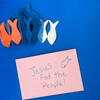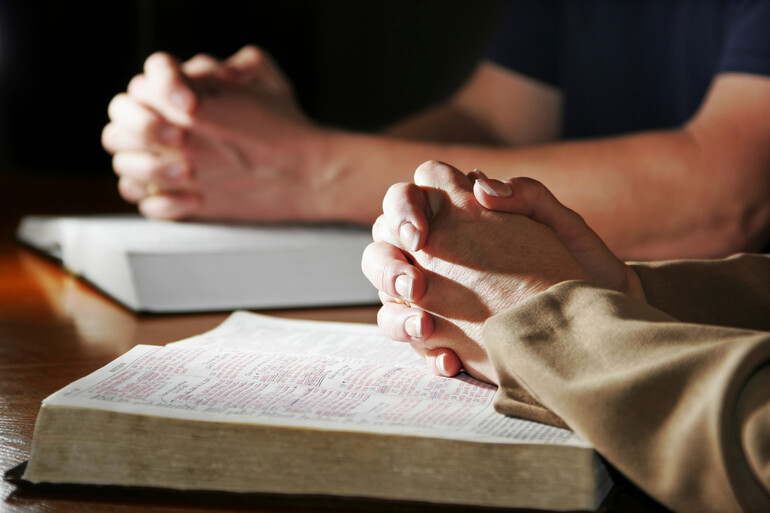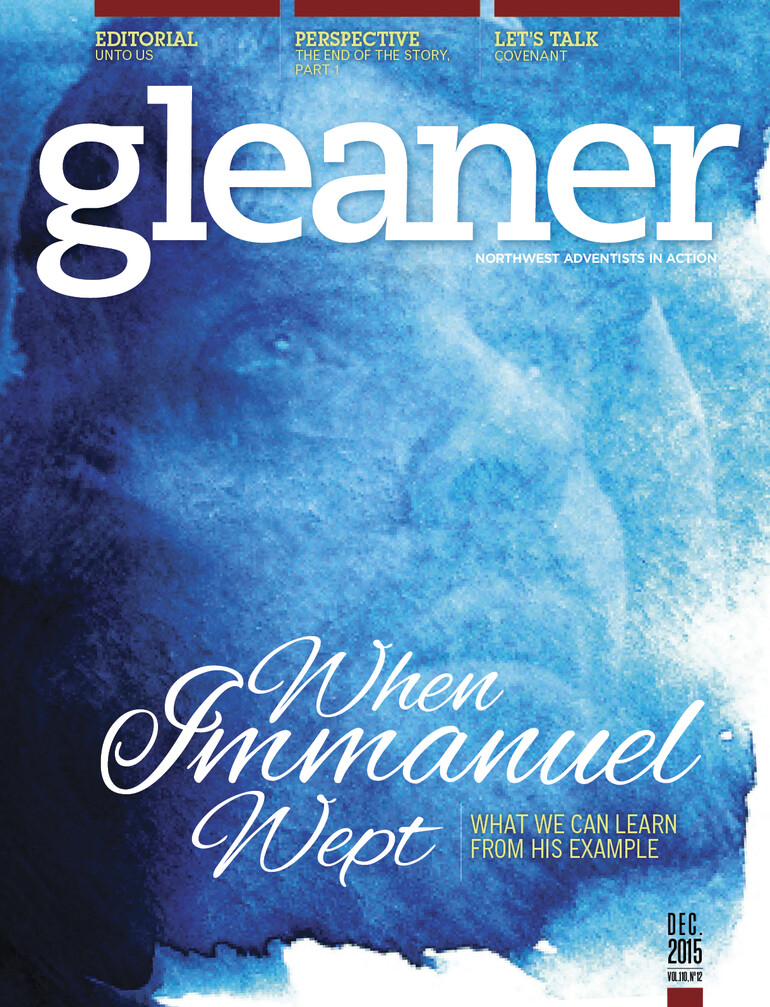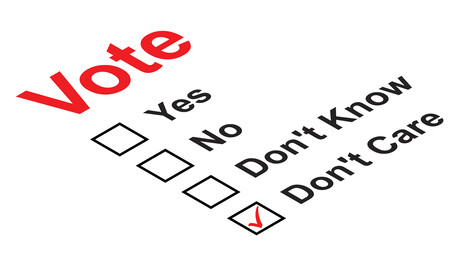When the Creator stepped over the edge of space into our little world, He initiated a rescue operation. In the clutches of fate, we needed a covenant of faith.
This divine Christmas overture is an example of covenants so critical to our world and our church. Sir Jonathan Sacks illustrated this at a conference several years ago.
Supposing you had $1,000 dollars, Sacks observed, and you share it equally with nine other people. How much do you have left for yourself? One-tenth. That’s a contract. But now imagine you decide to share, not power or wealth, but love, friendship or even knowledge. How much do you have left? Suddenly, instead of less, you have more — perhaps 10 times more than before. That, said Sacks, is a covenant.
Covenantal relationships have traditionally been the domain of religion. So what happens to a society when religion and covenantal relationships wane? In Sacks’ words, “Families become fragile, communities atrophy. And the result is that people feel vulnerable and alone. If they turn those feelings outward, the result is often anger turning to violence. If they turn them inward, the result is depression, stress related and eating disorders, drug and alcohol abuse.”1
Sacks concludes that this spiritual poverty, even in the midst of material affluence, not only leads to a loss of graciousness in our shared and collective lives but, ultimately, a loss of freedom itself.
It is what we face today in our midst. Terrorism, human trafficking, domestic abuse desecrate the sanctity of human life. Environmental disregard endangers the very integrity of God’s creation and the sustenance of life itself. Globalization obscures values once thought self-evident. Personal and corporate integrity are becoming increasingly rare treasures.
Our familiar world is in an unfamiliar crisis, and crises often compel humans towards covenants of “fate.” History is replete with examples. As in the immediate aftermath of the 9/11 tragedies, a common foe or famine can easily bring adversaries temporarily together — until the fear subsides.
But all along we wish for something more permanent, something to endure beyond the crisis. And that depends not on fate, but on faith. A “covenant of faith” is inherent in Abraham’s decision to leave Ur for an unknown destination. It’s embedded in Joseph’s recognition he could not change the past, but instead could redeem it by forgiving his brothers. It describes God’s own everlasting covenant, the divine story of human redemption.
It is at the core of the Incarnation, the very heart of Immanuel.
The essence of Adventism should reflect Immanuel's heart. As people of hope, the covenant of faith we hold in our hearts is anchored in the beginning Sabbath of creation and the promised future return of the Creator who said, “Let not your hearts be troubled … .” This is indeed a covenantal relationship of trust that lasts beyond immediate needs and transitory crises.
Our mission is to help recreate covenants of faith with those in our circle of influence, many who have become prisoners to fate, who see no better day ahead. If we indeed “have this hope,” it is too good, too important not to share.











